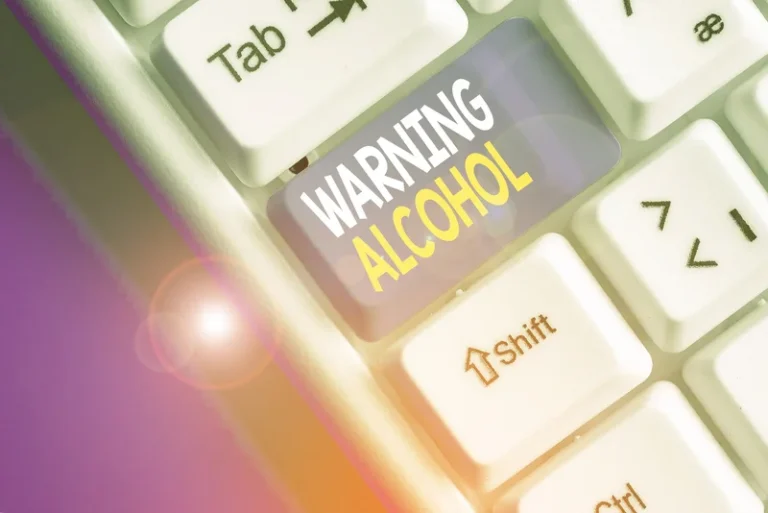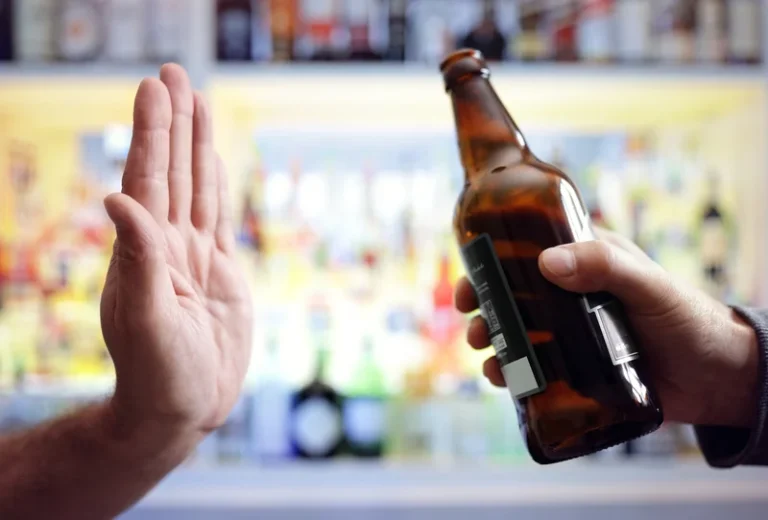
Alcohol is a major contributing factor to liver disease, but the condition can also result from cancer and other health issues. They may also develop large bruises after minor injuries or have bruises that take many weeks to heal. A fall, blow, or other impact that exerts sudden high pressure on the skin can cause a bruise. Very forceful blows can damage bones, causing deep bleeding and bruises that take several weeks to heal. The symptoms of hemophilia can be mild or severe, depending on how much clotting factor is present in the affected person’s blood.

What can cause bruising?
- Vasculitis refers to a group of conditions that cause inflamed blood vessels.
- A severe lack of vitamin C — or scurvy — could also be the culprit because the vitamin is involved in building the walls of blood vessels, Waldman said.
- Symptoms of iron deficiency typically include tiredness, fatigue, shortness of breath, paleness, and heart palpitations.
- Anti-inflammatory medications, like steroids (used to treat conditions such as asthma, hives, psoriasis and allergies), can also cause easy bruising, thanks to their skin-thinning effects.
- After two to three weeks of abstaining from alcohol, fatty deposits disappear and liver biopsies appear normal.
There are many other potential causes of bruising, including injury, certain medications, and underlying medical conditions. If you’re concerned about bruising, talk to your doctor about other possible causes. Taking certain medications (aspirin, steroids) and drinking alcohol can also encourage this type of bruising to form. In rare cases, easy bruising can be a sign of blood, bone marrow or lymph node cancers, Waldman said.
Everything to Know About Alcoholic Liver Disease

Hemophilia is a rare genetic bleeding disorder that causes the body to be unable to produce one of the specific clotting factors crucial for clotting. Bleeding continues longer after an injury because the blood cannot clotted properly. When a blood vessel injury occurs uncontrolled bleeding and bruising results.
The Most Common Causes Of Bruising After Drinking Alcohol
- Medications and lifestyle modifications may also be prescribed depending on the stage.
- They may wish to discuss the risks and benefits of continuing treatment.
- Heavy alcohol consumption has been linked to more than 60 different diseases.
Sunnyside is not designed to treat alcohol use disorder (AUD). For resources related to AUD, including how to get support, please visit the NIH website. We’ve also partnered with Moderation Management, a non-profit dedicated to reducing the harm caused by the misuse of alcohol. Drinking too https://ecosoberhouse.com/ much alcohol may lead to a tingling sensation or numbness in your legs, feet, or hands, known as alcoholic neuropathy. This is one of the most common side effects of long-term alcohol consumption. Additionally, drinking can aggravate certain skin conditions, such as psoriasis and rosacea.
- At this stage, the alcoholic may appear to be functioning normally and is unlikely to have performance problems at work, school or in other settings.
- “Other medications may also be a factor. Talk with your doctor about any concerns,” Shinkle says.
- It’s important to acknowledge that the belief that “alcohol makes me happy” doesn’t just appear out of nowhere—it’s rooted in real experiences and observations.
The cerebellum is particularly sensitive to severe alcohol consumption. Even when sober, there’s an increased risk of falls and accidents. Alcohol is also a diuretic, meaning it dehydrates you every time you have a drink. Losing valuable fluid do alcoholics bruise easily and nutrients from your body can lead to wrinkled, dry, puffy or just generally unhealthy-looking skin. Severe alcohol consumption can impair the immune system, which can leave a person at greater risk of infections and skin sores (abscesses).
Patient Care Network
People taking medication who notice an increase in bleeding or bruising should consider asking a doctor whether their medication can cause bleeding. They may wish to discuss the risks and benefits of continuing treatment. People tend to bruise more easily with age because blood vessels weaken and the skin thins. If you think a family member or loved one might be showing signs, signals or symptoms of alcoholism, know that it won’t “go away” on its own. Their brain is changing—and without help, there can be serious long-term consequences.
Kidney Disease
While there is no direct relationship between alcohol and hair loss, heavy drinking may lead to other issues that thin out your locks. Some people may also experience night sweats due to alcohol withdrawal syndrome or alcohol intolerance. Hence, drinking alcohol makes it harder for your immune system to gear up and mount a defense response against invading pathogens and viruses. As a result, you may find yourself having frequent sore throat pains, catching colds and infections more often.

Reason #4: Certain chronic diseases.
The inflammatory disease process (rheumatoid arthritis, lupus and the like) can lead to a low platelet count and affect how well your blood clots following an injury. Meanwhile, a vitamin K deficiency might translate into black stool and blood clots underneath the nails, in addition to being more susceptible to bruising. “If an individual has a vitamin C deficiency, they might also experience bleeding gums, along with bruising and wounds that don’t heal or take a longer period of time to heal,” Dr. Johnston says. Your skin can reveal many clues about your health, so a tendency to bruise easily might make you worry. You may get them if you had a fall, got hurt playing sports, or bumped into a piece of furniture.
For some of us, half a dozen drinks during a night out aren’t yet enough to faze us. And yes, you may feel great and energized upon waking up—but that doesn’t mean you didn’t have too much to drink the night before. Jeanette Hu, AMFT, based in California, is a former daily drinker, psychotherapist, and Sober Curiosity Guide. She supports individuals who long for a better relationship with alcohol, helping them learn to drink less without living less. When you begin to question the validity of your belief—such as asking yourself if alcohol really makes you happier—you open the door to change.